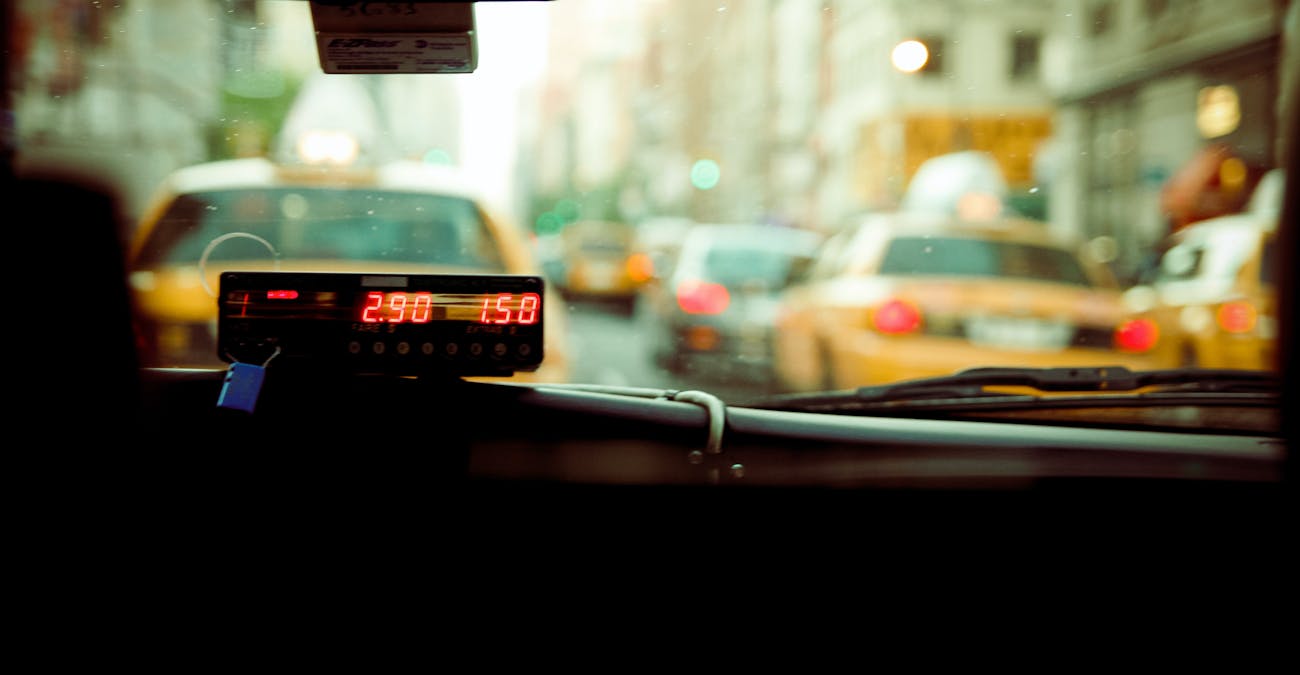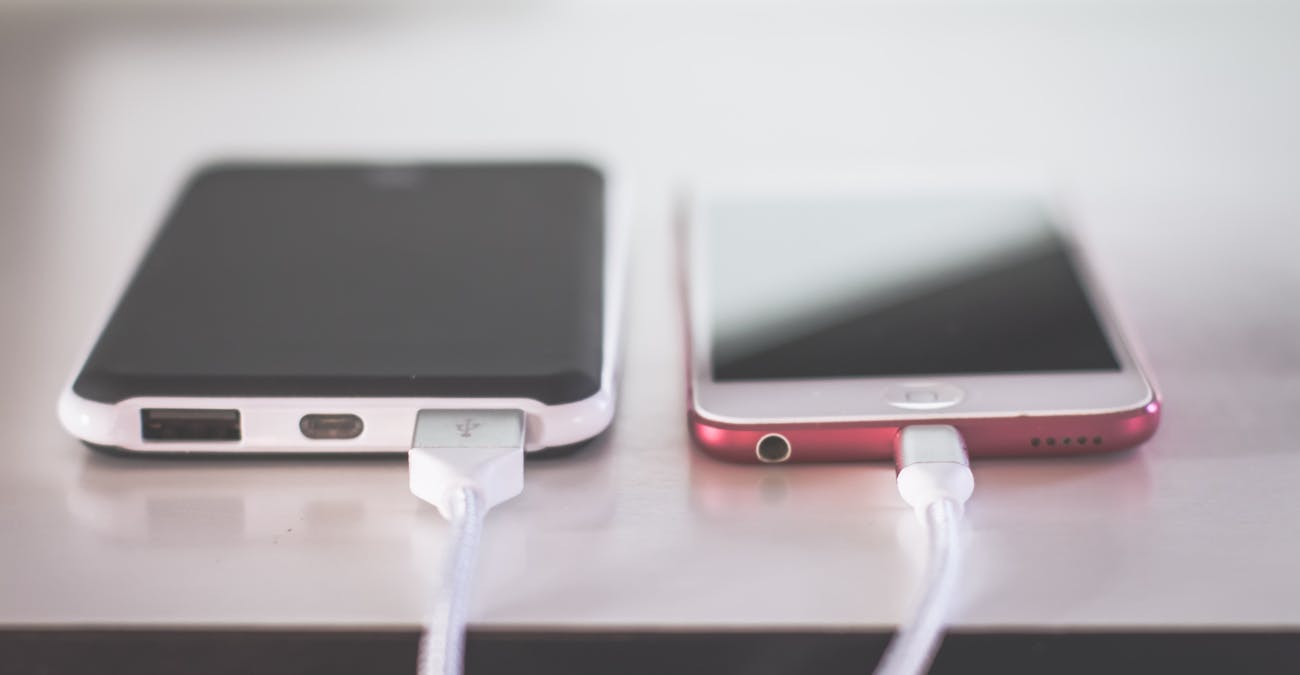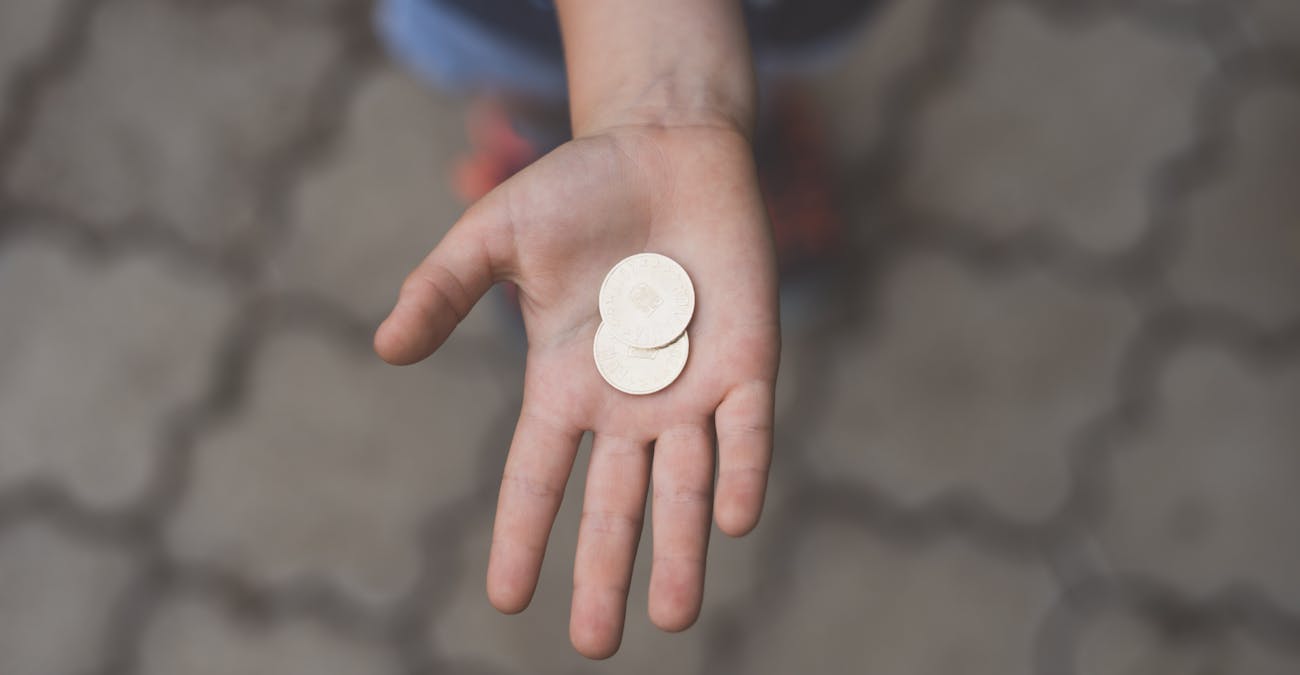The travel industry is at its best right now, which is all the more reason for you to be cautious while travelling. You can be tricked by a phoney takeaway menu, small change, counterfeit money, find yourself without your travel documents, or be the victims of a serious crime. Encountering such situations, or getting scammed while on vacation is an absolute bummer. Learn the signs to evade confident scammers. Be on your guard, keep an eye, and don’t fall victim to the below travel scams.
12 Travel Scams to watch out for in 2023
#1 Broken Taxi Meter

Getting around a city in a taxi is one of the easiest and most time-saving ways to explore it. But it is also one of the trickiest since you wouldn’t know the base or least fare. Hence watch out for cabbies that demand a flat or inflated fare, or are hesitant to switch on the meter. Such fares tend to be higher than metered fares. This is prevalent in most parts of the world like Nepal, India, and Central America. How to avoid this scam: Research about the authorised and licensed taxi companies operating in the city. Find out the accepted taxi rate in advance. Remember to discuss if the driver will be using the meter. Negotiate and agree on a fare before beginning your trip.
#2 Phishing emails from Booking sites
If you’ve booked using a booking site, watch out for any phishing emails. Such emails require you to make a phone call or click on a link. It could be from scammers impersonating famous booking sites, claiming there was an issue with your orders. In any case, never provide your banking details or transfer money as there won’t be a guarantee on the funds or disputes. Always make bookings from reliable and renowned sites that have customer reviews, customer support, and a secured web address. Run a search and find forums to know if the booking site is genuine. Check with the hotel to know if your booking has been processed.
#3 Fake Police Officers
When travelling abroad, be aware of the fake cops' scam. While it can be easy to spot the real cops in your country, it can be confusing to differentiate the real from faux police officers, while abroad. Their modus operandi: they’ll ask you for your ID and issue a fine for no reason. You’ll end up paying on spot and bribing the faux authorities to get out of the situation. This travel scam is infamously prevalent in India, Sicily, Costa Rica, Mexico, South Africa, Mexico, Colombia, and Britain. Real officers ask for an ID. So show your ID but don’t hand it over. Always ask for their ID too. Such officers also don’t ask you to pay a fine on the spot. In case of a fine, tell them you’ll deal with the matter at the police station. Faux authorities will hightail out of there!
#4 Closed Attraction

Sometimes you may be headed to an attraction and ou've researched its opening hours. But your cabbie or a passerby tries to convince you that it’s closed at the time. This is a trick to take you to some other attraction, while posing as a ‘friendly helper or the trustworthy-looking local’. These scamsters get a commission when they direct and deliver tourists to another attraction. This trick is common in Thailand, India, Egypt, Mexico, and Turkey. Always check the official website of the attraction you are headed to for the opening hours. Stay informed about other smaller nearby attractions. It is also advisable to book your tickets online with trusted websites like Headout, Viator and Get Your Guide whose websites are up-to-date with information about venue closures. If your tickets are pre-booked, you know for sure that the attraction is open for the day.
#5 Counterfeit Money
You can fall prey to this type of scam in smaller establishments like restaurants, cafes, or taxis. At the end of your meal or ride, after you pay up, the employee can hand back your cash payment. They claim that you’ve paid using counterfeit money. The truth is they managed to switch the currency when you were looking away. Avoid this by keeping your gaze at the cashier or cabbie. Keep change handy and use exact change to pay your bills. Familiarise yourself with the denominations and colours of the local currency. Alternatively, you can also use contactless payment where possible.
Sign up for our monthly newsletter
Your dose of travel fix - from hacks and deals to travel tips and everything in between, delivered monthly to your inbox
#6 Fake WiFi Hubs
WiFi is available almost anywhere- coffee shops, tourist attractions, restaurants, and galleries. But hackers can set up unsecured wi-fi hotspots in public locations. While the wi-fi connection might look genuine, connecting to such Wifi gives the hacker access to all sensitive data on your laptops or phones, like your passwords, online accounts, etc. To avoid fake wi-fi hubs, always check with the coffee shop, hotel, or restaurant, which is their official connection. To encrypt all your online activity, use a virtual private network (VPN).
#7 Juice Jacking

In the juice jacking scam, the private and sensitive information from your phone is leaked when you use a public USB port to charge your phone. Criminals remove the USB ports, replacing these with infected cables and loading malware. While your phone charges, it also drains your sensitive information to scammers. Avoid this scam by investing in a good portable power bank that gives up to 2-3 full charges. Or connect your device to a USB data blocker, that allows the device to charge while blocking data transfer. Or, you can use an AC power outlet instead of using the USB charging stations.
#8 Vehicle Rental Scam
Renting a vehicle- car or motorbikes, can be a great way to explore every nook and cranny of a city. Watch out here as when you return the vehicle, the owner might demand additional payments to repair damages that were already there, but you failed to notice. This is prominent in Thailand, Vietnam, the Philippines, Greece, Bahamas, Italy, and Mexico. Save yourselves from this scam by online reviews of local rental companies to stay away from f bogus brands. Take photos or make a detailed video of the vehicle before driving it away from the rental centre. Ensure your travel insurance covers any such costs that may come up.
#9 Fake Hotel Wakeup Call
If you receive a call in your hotel room, in the middle of the night, it could be fake. The scammer explains to you that their system has crashed. They need your credit card information to retrieve or confirm your booking details. The next thing you know is you’ve received a message from your bank about a transaction using your credit card. This scam is common in the US, India, Italy, Costa Rica, Mexico, South Africa, Mexico, Colombia, Britain. Don’t give away any details in your groggy state. Refuse to give any sensitive information. Check with the hotel staff, and inform the police if required
#10 Souvenir Switcharoo
While selecting souvenirs or expensive items from stalls, the shopkeeper will try to distract you. They'll switch your pick with something else of a lesser value or low quality. And when you unwrap your pick later, you realise that it is not what you had paid for. Watch out for this scam in European countries, the Middle East, China and Turkey. How to avoid the ‘switcharoo’ travel scam. Keep an eye on your purchase. Ask for the shopkeeper to gift wrap or pack it in front of you. Make sure he doesn’t disappear and return with your gift wrapped or packed. Double-check your buy before leaving the store or stall.
#11 Fake Airline Sites
Beware of cheap tickets. A scammer can set up a fake website with fake customer service numbers. They'll insist you pay through prepaid cards. If you do end up buying a ticket from such sites, you’ll never receive your ticket details or you’ll show up at the airport to learn there is no record of your reservation. Buy tickets from trusted travel websites, renowned companies or directly from the airlines to avoid such scams.
#12 Wrong change

This is one of the oldest travel scams. Many who travel don’t keep a tab of the exchange rates, use the accepted currency and not the local currency. In such cases, any change is usually handed in the local currency. It is easy to assume that the change is right. Yet, there could be a possible wrong change scam there. To avoid such a situation, count your change at the venue before leaving the counter. This lets you know if you’ve been given the right change. It is advisable to look up what the local currency and coins look like, and keep yourself updated with exchange rates before you travel.


